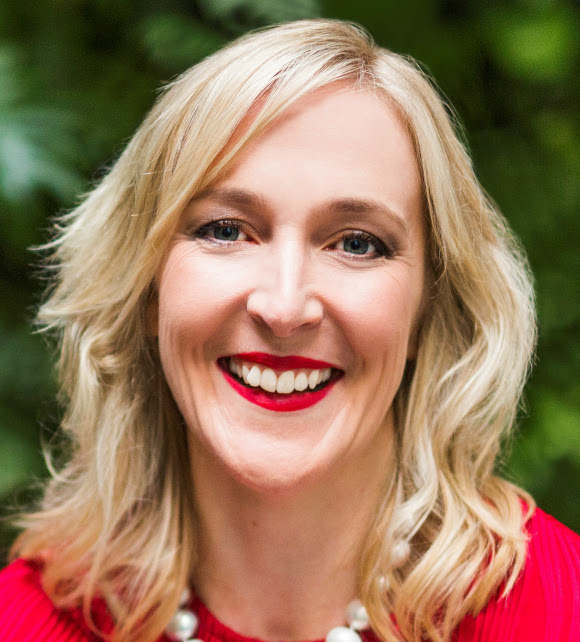Your Most Important Superpower In Times of Challenge
“We are our choices,” said Jean Paul Sartre, a French philosopher. A simple and impactful statement.
It makes sense. You need to make so many choices on a daily basis from the minute you wake up. Do you hit the snooze button or jump out of bed? Do you wear the black heels or the beige flats? Do you skip breakfast or attempt toast on the go? And on it goes.
This concept of choices becomes more interesting with regard to our behaviours, especially when faced with issues or incidents that are challenging. During challenging times, it’s our behaviours that define us. While you may not be able to control the issue or the challenge, you do have control over how you react to it.
Your most important superpower is to be an ‘owner’ not a ‘victim’.
The owner takes accountability and responsibility. The owner is focused on the future and the solution, and has a positive attitude to the situation.
The victim is quick to blame or come up with excuses. The victim is focused on the past and the problem, and has a negative attitude to the situation. The victim tries to control things they do not have control over, for example, the past. Conversely, the victim doesn’t control things they do have control over, for example, the present.
I dealt with a situation on an assignment with a large corporate recently. The department was experiencing a lot of change and people were transitioning in and out of the organisation at a rapid pace.
A woman on a short term contract had just found out her contract wasn’t going to be renewed. She had been led to believe that it might be. Her response was, “Why did they do this to me? Why does it always happen to me? How come he got his contract renewed and I didn’t?”
We talked about how she didn’t have a choice on staying. That decision had been made for her and was in the past. However, she did have a choice about her own behaviour and whether to be an owner or a victim.
As an owner, she instead needed to consider, “What do I need to do now to find another job? I’ll start making a list of contacts that I can reach out to. I take responsibility for the fact that I had a short term contract and it had an end date.”
The conversation went from being helpless (“I don’t have a job”) to being hopeful (“There are other opportunities for me outside this organisation”).
The next time you face adversity, what will your choice, and your superpower be? An owner or a victim?

